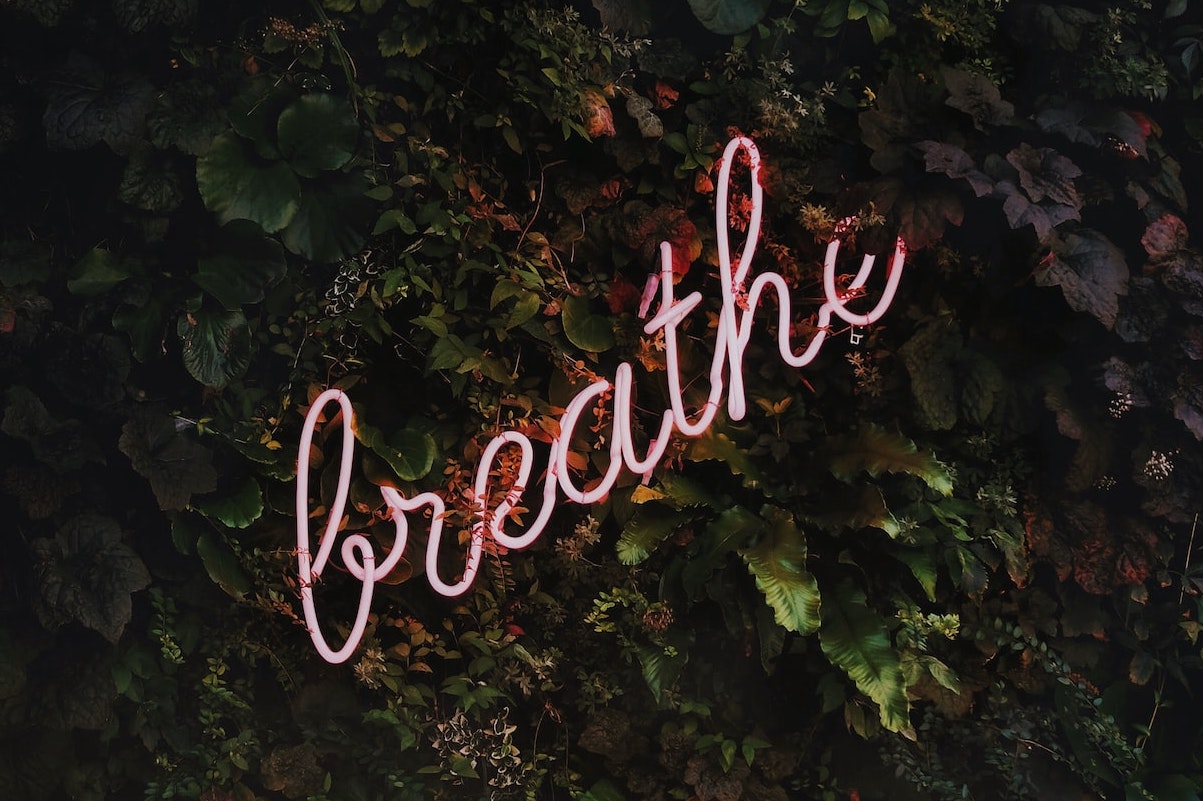Research has started to confirm what ancient cultures around the world have long believed: Breath work, the practice of correcting and controlling your breathing through simple exercises, can improve health and well-being.
At rest, your breathing should be slow and steady, between 12 and 20 breaths per minute. Consciously slowing that even further — to between five to seven breaths per minute at rest — can help reduce blood pressure, regulate heart rate and lift mood. Researchers have also reported that breathing slowly can reduce chronic pain, stress and depression, and bolster fitness and energy levels.
The mechanism that makes a lot of breath work effective for enhancing mental, emotional and physical health is that it forcibly slows breathing down, said Dr. Raj Dasgupta, a pulmonologist and sleep medicine specialist at Keck Medicine of University of Southern California, who uses breathing exercises with patients who have chronic lung diseases or insomnia. When you slow your breathing down, “the parasympathetic system — what we call the ‘rest and digest’ system — hopefully takes over and helps calm you down,” he said.
Additionally, “with any type of breath work, we are forced to pay attention to our breath and our internal state,” said Dr. Yilmaz Balban. “It brings you into the moment.” One study, published in November, found that even just focusing on the way you naturally breathe, when paired with other mindfulness practices, was as effective as drugs to treat anxiety disorders.
Read more at The New York Times.






